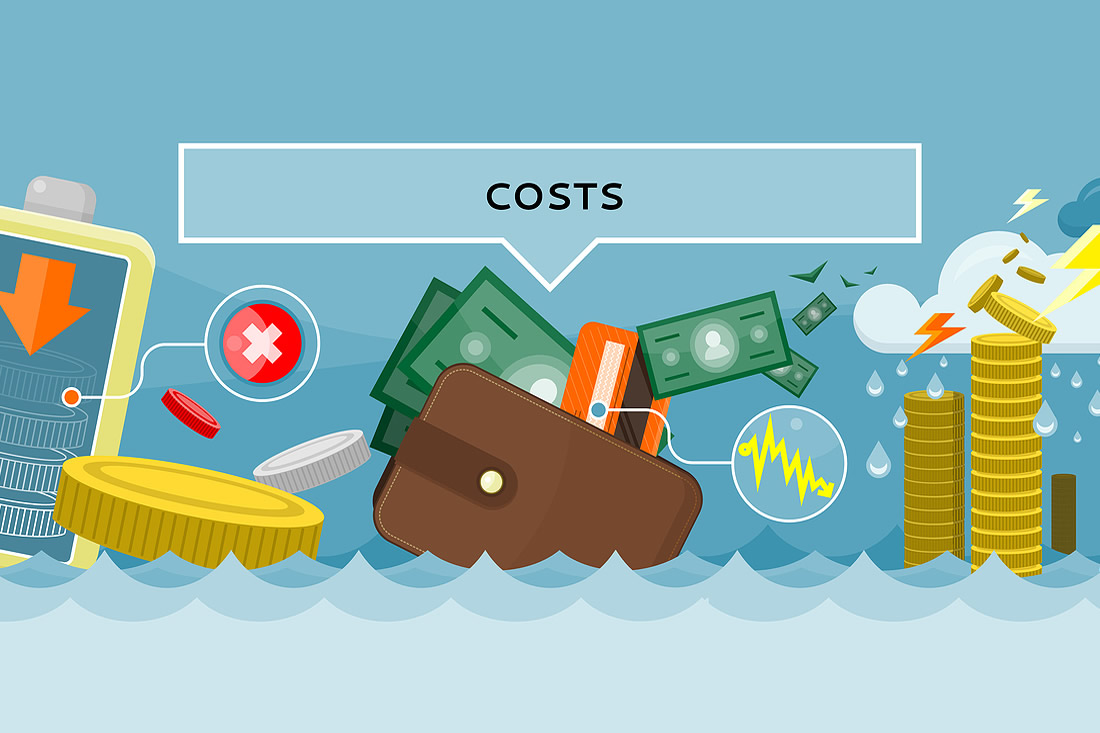How to Become a (Much) More Effective Fundraiser

If I were to give you just one tip about how to become a more effective fundraiser, it would be this:
Listen more; talk less.
Serious companies record sales calls to track the amount of talking the salesperson does as compared to the amount of time the prospective buyer talks.
The data they gather turns out to be a wonderful predictor of the success of any salesperson. The more a salesperson talks, the fewer sales they make! And, conversely, the less they talk, the more they sell.
While I don’t know the specific research associated with that finding, what I do know from years of experience is that it’s very difficult to talk someone into something. The most effective sales process is to give the buyer the opportunity to talk themselves into buying.
So, the job of a salesperson is to prompt potential buyers with questions so they talk themselves into buying the product.
This same strategy applies to fundraising.
Stop trying to talk your donors into making a gift! Instead, prompt them to figure out WHY making a gift would be good for them.
A Primary Solicitation Tool: Asking Questions
When most development people think about asking for large gifts, they spend endless hours writing and refining their case for support. Some hire advertising firms to create fancy brochures. Others go through draft after draft to get the case just right. And then, when they get ready to solicit a donor, they practice making their “pitch.”
Most of that time and energy and hard work is wasted. Donors are unlikely to read the case for support. They are unlikely to sit down after dinner to leisurely peruse your campaign brochure. And even if they do, it’s not likely they will be so inspired that they’ll write you a big check. That’s just not the way great fundraising happens.
Yes, you do have to know what you are asking someone to give to. You need to know the impact their money will have. But mostly what you need are good questions and the opportunity to sit down with your donors to ask them about themselves.
Become a Better Fundraiser: The Power of Asking Questions
When you work more on the questions you will ask than the pitch you will make, you will start talking less and listening more. Your success rate will increase, because you will give your donors the opportunity to talk themselves into making a gift.
Questions are Powerful
Questions open space for the donor to give you information. They stimulate the donor’s thinking and make them more open and engaged in the conversation. And, curiously enough, good questions actually put you in control of the conversation.
The 7 Types of Questions to Ask Donors
Learn the questions that work best with your donors, and avoid those that don’t. Below is a guide for asking donors the most effective questions.
1. Open Ended Questions
Open ended questions begin with “what,” “when,” “how,” “why,” or “where.” They require the person you are asking to elaborate on their answers.
2. Closed Ended Questions
On the other hand, questions that begin with verbs like “Do you…” “Are you…” “Have you…” yield yes or no answers and seldom lead to effective conversation.
3. Values Questions
To understand a donor’s motives, you’ve got to understand their values. Values questions might be phrased around asking people to identify and talk about their personal goals and beliefs, their heroes and their hopes for their children or grandchildren.
A word of caution — be careful not to overstep the boundaries of your relationship with your donor when asking values questions.
4. Permission Questions
You can ask a donor if it’s okay for you to ask them about something. For example, you might say:
“May I ask you about your estate plans?”
Or more generally:
“Would you mind if I ask you a few questions?”
Or:
“Would you be willing to talk to me about making a lead gift to the campaign?”
5. Discovery Questions
You can ask questions about facts or feelings. Some people are more comfortable with one or the other. Or, you can toggle back and forth. Here are a few examples:
Fact-Finding Questions:
- What brought about your interest in us?
- Have you seen changes in our organization?
- What do you consider to be our primary purpose?
- How did you learn about our XYZ Program?
- Have you heard about our plans for new school in Troy?
- What other charitable organizations do you support?
- Have you considered putting us in your will?
Feeling-Finding Questions:
- What has prompted you to continue your interest?
- How do you feel about them?
- Why do you feel this is important?
- How important do you feel the XYZ program is to an organization
- What are your thoughts about the need for it?
- What is your favorite charitable organization?
- How do you feel about our seeking bequests for Endowment?
6. Checking-in Questions
Checking-in questions are a great way to get yourself to stop talking. Simply pause and ask things like:
- How does that seen to you?
- How would that apply to your case?
- Do you have any questions?
- Do you agree?
- How would you feel if that happened?
Those questions hand the conversation to the donor.
7. Non-Questions
People often have more to say than their initial response to a question. You can continue the conversation with a statement that uses the information the donor gave you. For example:
“I can tell that you’re excited about…”
Or:
“I sense that you have some reservations…”
Or, perhaps:
“Tell me more…”
Or, simply:
“Hmmm…”
These non-questions depend on your ability to create space for the donor to continue.
Practice Asking Questions
Asking questions is a skill you can develop, but it takes some practice. Consider practicing with your family and colleagues. See how many questions you can ask during a conversation. And pay close attention to what happens as you ask more questions.
While this may seem like a simple skill, it’s not as easy as it sounds. But if you spend time working on it, you’ll find that your relationships with people will become stronger and richer — especially your donor relationships.
And when you do apply this work to donor conversations, you’ll listen more and talk less. And then, your fundraising success rate will skyrocket!



Fantastic! Yesterday, I was interviewing a former colleague who is now at a big hospital about her recent huge gift secured. She spoke about the openness of her questions to the donor prospect and how powerful that experience was. This article resonates. Thank you.
I’m so glad, Barbara. Funny how we spend so much time worrying about what we, the fundraisers, should say and so little time thinking about the questions we should ask. I’m